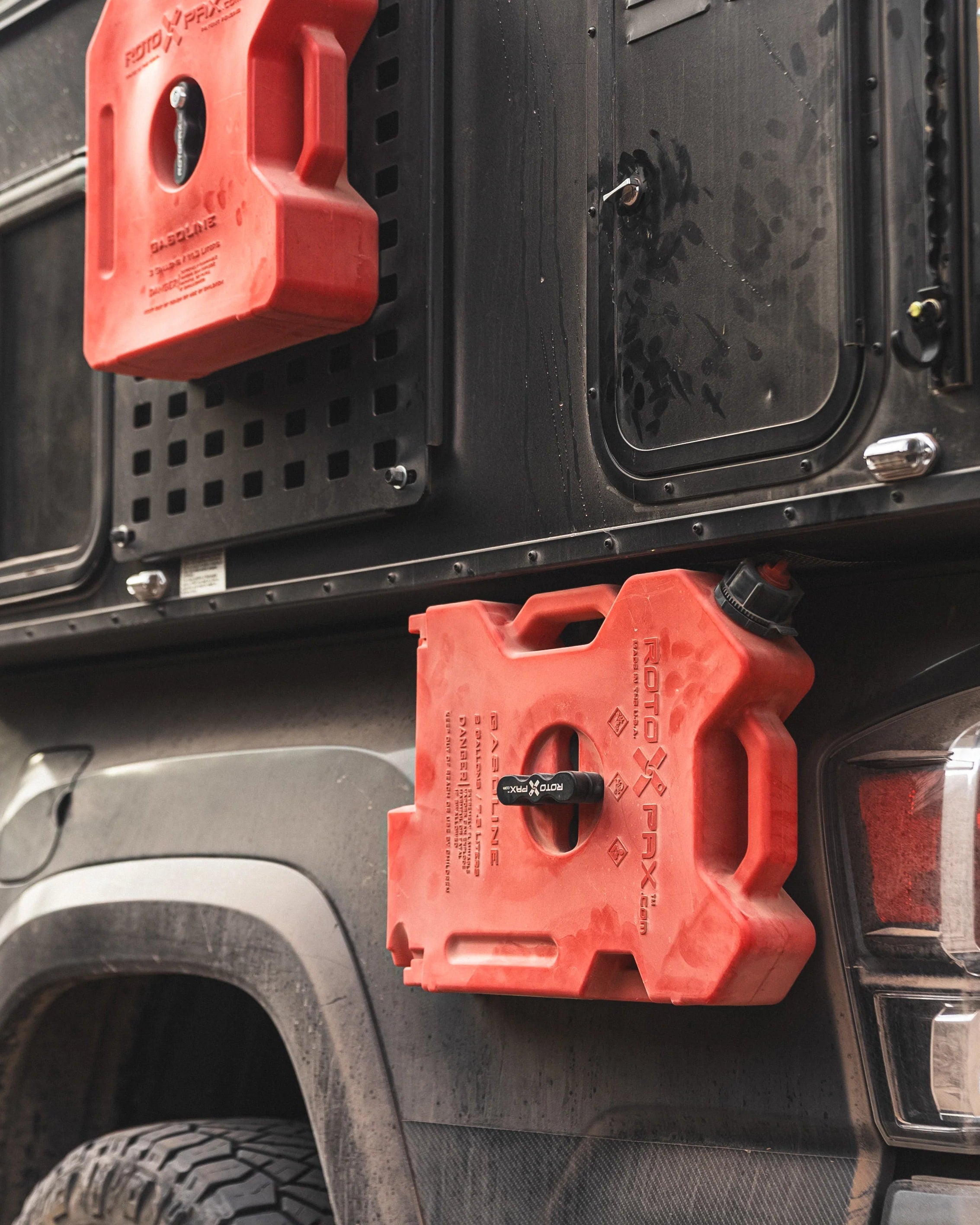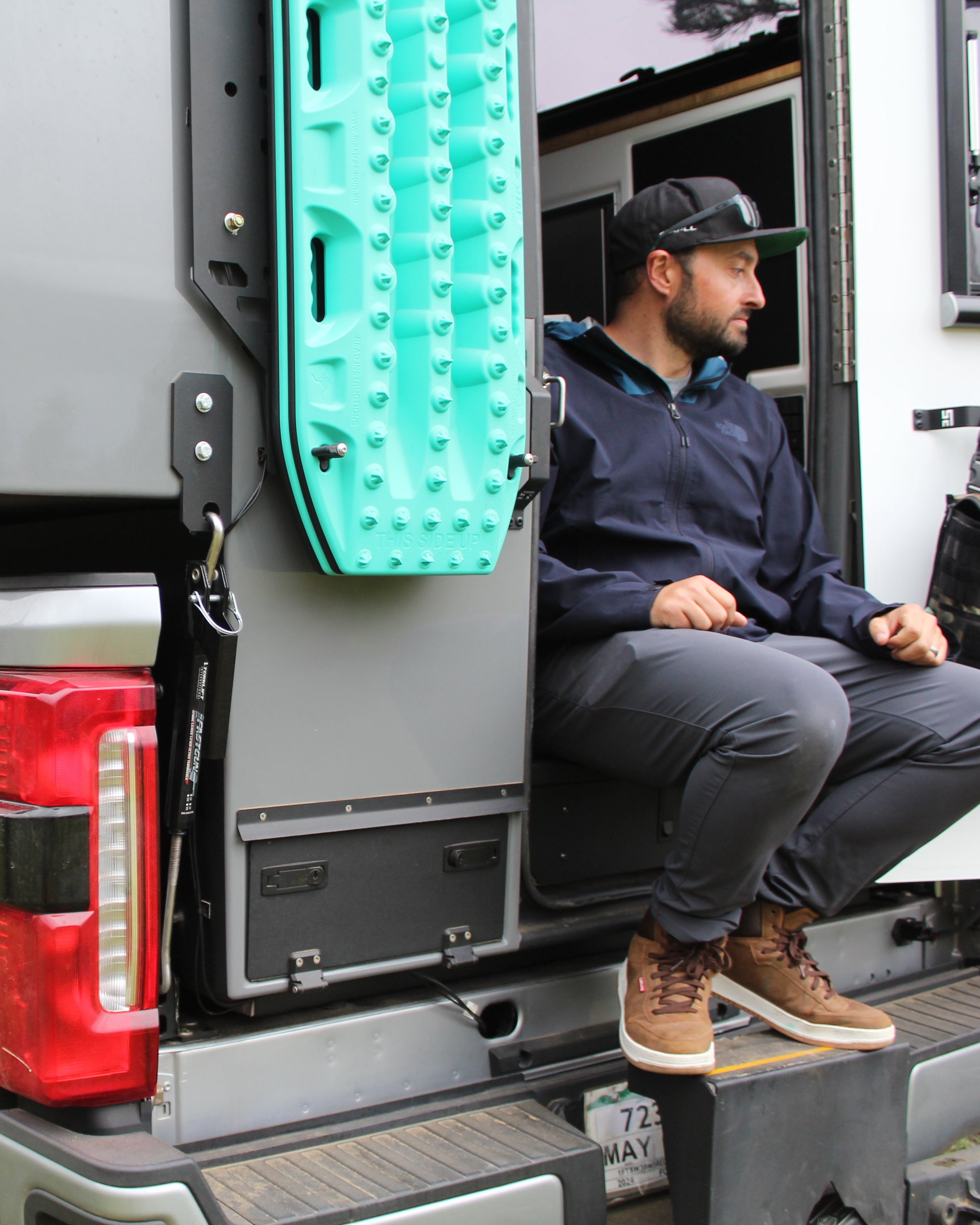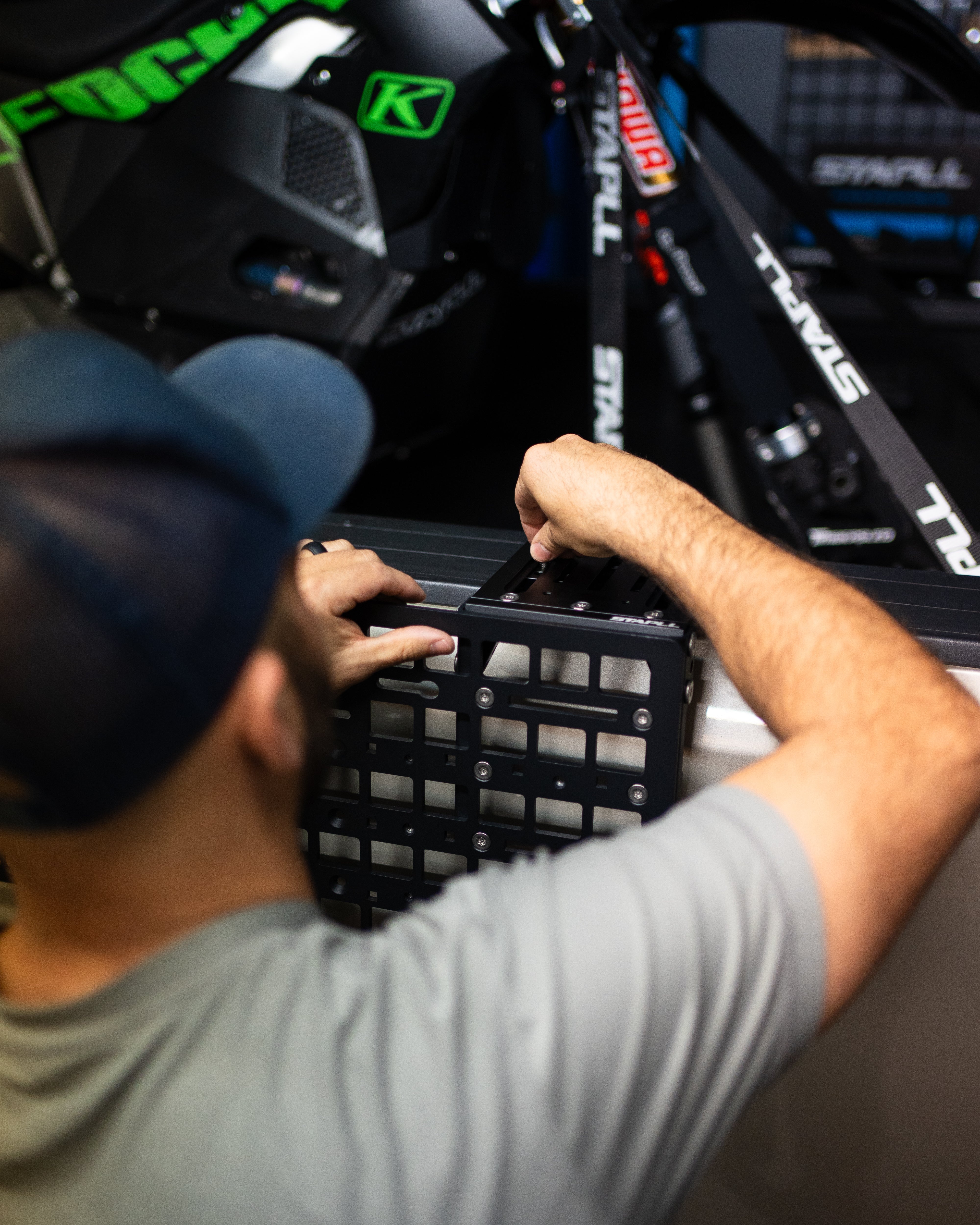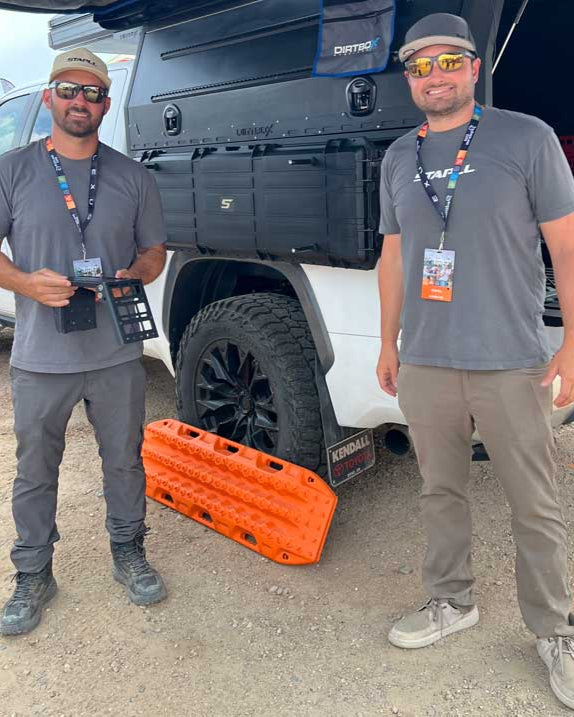Ratchet straps, also known as cargo straps or tie-down straps, are a common tool used for securing loads during transportation. They are made of strong, durable webbing and feature a ratcheting mechanism that allows the user to tighten the strap around the load. While ratchet straps are primarily used for securing loads during transportation, they can also be used for lifting in certain circumstances.
One use for ratchet straps in lifting is as a temporary replacement for a damaged or broken hoist or crane. In these cases, the ratchet strap can be used to lift the load a short distance until a more permanent lifting solution can be put in place. It is important to note, however, that ratchet straps are not designed to be used as a primary lifting device and should only be used in this way as a temporary measure.
Another way that ratchet straps can be used for lifting is as a means of support when working with heavy loads that may be difficult to hold steady. For example, a ratchet strap can be used to support the weight of a large pipe while it is being welded in place. In these cases, the ratchet strap is not responsible for the entire weight of the load, but is simply used to provide additional stability and support.
It is important to keep in mind that ratchet straps are not intended for use as a primary lifting device. They are not rated for the same loads as hoists or cranes, and using them for heavy lifting can be dangerous. If you need to lift a heavy load, it is important to use the appropriate equipment for the job, such as a hoist or crane.
In summary, while ratchet straps can be used for lifting in certain circumstances, they are not designed to be used as a primary lifting device. They are best suited for securing loads during transportation and can be used to provide additional stability and support when working with heavy loads. Always use the appropriate equipment for the job and follow all safety guidelines when lifting heavy loads to prevent accidents and injuries.
















Leave a comment
All comments are moderated before being published.
This site is protected by hCaptcha and the hCaptcha Privacy Policy and Terms of Service apply.